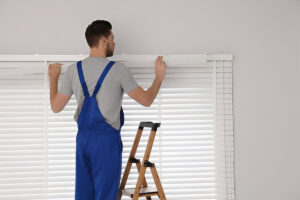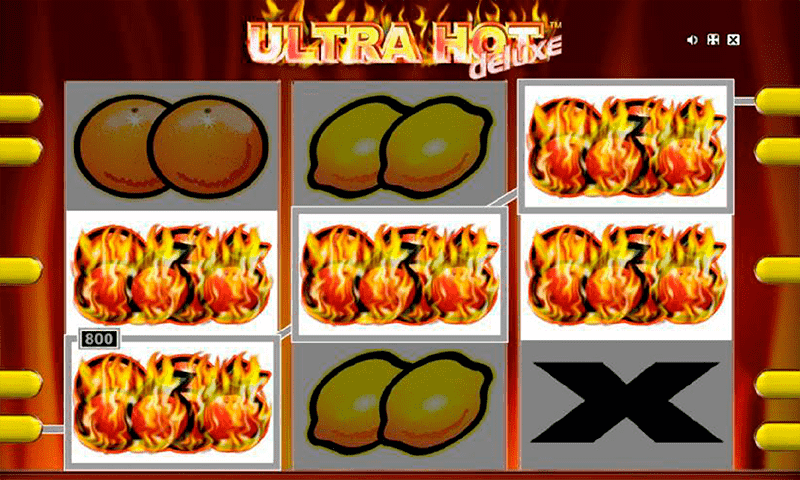
Think your commercial kitchen is inspection-ready? You might be surprised by what inspectors look at. Just because your oven appears clean doesn’t mean it meets safety or hygiene codes. This is where commercial oven cleaning services make a real impact.
From restaurants and hotels to hospitals and school cafeterias, every commercial kitchen must comply with health and fire safety standards. The oven, though often overlooked, is a major part of that compliance. It collects grease, grime, and food debris that could trigger serious violations or even fire hazards.
Let’s look at what inspectors focus on and why professional oven cleaning is critical.
Why Oven Cleanliness Is a Compliance Issue
Inspections aren’t only about surface-level cleanliness. Inspectors want to know your equipment is safe, sanitary, and operating properly.
Health Code Violations Start with Poor Cleaning
When ovens aren’t cleaned thoroughly, old food and bacteria can linger. This puts meals—and customers—at risk. If an inspector sees built-up grime inside the oven, it’s often considered a direct violation of health codes.
Fire Hazards in Grease-Filled Equipment
Grease is one of the leading causes of kitchen fires. Ovens that haven’t been cleaned properly are fire hazards waiting to happen. This is especially true for high-volume kitchens. That’s why NFPA 96 requires grease buildup to be controlled and removed regularly from all cooking equipment.
Inspectors check beyond what’s visible. They’ll often look inside panels, under trays, and behind the oven itself for grease and debris.
Key Areas Inspectors Check in a Commercial Oven
To understand the role of commercial oven cleaning services, it’s helpful to know exactly what inspectors check.
Interior Surfaces and Trays
One of the first things they do is open the oven doors and check the trays and racks. If there’s baked-on grease, food particles, or carbon, that’s a red flag.
Door Seals and Gaskets
These areas are often missed in regular cleaning. Yet, they collect grime quickly. Inspectors check for wear, damage, and residue that may compromise the oven’s function.
Behind and Under the Oven
These hard-to-reach areas collect grease and food bits. If they’re not clean, it tells the inspector that deep cleaning isn’t being done properly.
Vents and Exhausts
Ovens connected to exhaust systems must be free of grease and debris. Inspectors look for buildup and review service records to verify regular cleanings.
Why Basic Cleaning Isn’t Enough
Nightly wipe-downs won’t remove deep-seated grease or burnt carbon. Commercial ovens require professional-grade tools and cleaners. Regular kitchen staff often don’t have the time or products to handle this.
Without deep cleaning, contaminants stay hidden. That buildup causes safety risks and shortens the life of the equipment.
The Role of Commercial Oven Cleaning Services in Passing Inspections
Professional cleaners know what inspectors expect. That gives your kitchen a real advantage when it’s time for inspection.
Full Access Cleaning
Commercial cleaners disassemble panels, trays, and interior parts. They clean behind and underneath the oven where daily crews rarely go.
Use of Food-Safe, High-Strength Products
They use degreasers strong enough to break down heavy grime, but safe for areas where food is prepared.
Compliance with NFPA and Health Codes
Professionals clean according to NFPA and local health department guidelines. That means your kitchen meets the standards inspectors use during evaluations.
Signs You Need Commercial Oven Cleaning Services
Waiting for an inspection to find problems isn’t smart. Watch for these signs that your oven needs professional cleaning:
- Persistent burnt odors
- Visible grease buildup
- Inconsistent cooking temperatures
- Stains that reappear after cleaning
- More than three months since the last deep clean
What Can Happen If You Skip Professional Cleaning?
Skipping commercial oven cleaning services can lead to serious issues.
Failed Inspections
An unclean oStaff and Customer Safety
ven is a common reasons for failed inspections. That means fines, mandatory follow-ups, or even temporary closures.
Equipment Damage
Buildup affects heating elements and sensors, leading to breakdowns and expensive repairs.
Dirty ovens lower air quality and increase fire risk. This puts your employees and customers at risk.
Insurance and Liability Issues
Some insurance providers won’t cover fire damage caused by lack of maintenance. If there’s no record of cleanings, you could be liable.
Scheduling Regular Oven Cleaning Makes a Difference
Planning a routine cleaning schedule helps prevent emergencies and keeps your kitchen safe.
Suggested Cleaning Frequency
- Daily: Wipe down surfaces and trays
- Weekly: Clean seals, door panels, and racks
- Monthly to Quarterly: Schedule full professional oven cleaning
Companies like MidAtlantic Hood & Duct Cleaning recommend quarterly cleanings for commercial kitchens. It’s one of the best ways to avoid violations and protect your equipment.
Choosing a Reliable Commercial Oven Cleaning Service
Not every cleaning service knows commercial ovens. Choose one with experience and the right credentials.
Look for providers who:
- Have commercial kitchen experience
- Know inspection and fire safety standards
- Use approved, food-safe products
- Offer flexible scheduling options
- Provide detailed service records
MidAtlantic Hood & Duct Cleaning offers deep oven and exhaust cleaning that supports your team before, during, and after inspections.
Final Thoughts
Inspectors check more than just how clean something looks. They look for grease, wear, airflow problems, and signs of poor maintenance.
That’s why commercial oven cleaning services aren’t a luxury—they’re a requirement. They help kitchens pass inspections, extend equipment life, and avoid serious safety risks.
Stay ahead of problems by booking cleanings before issues show up. Your kitchen, your staff, and your business depend on it.


